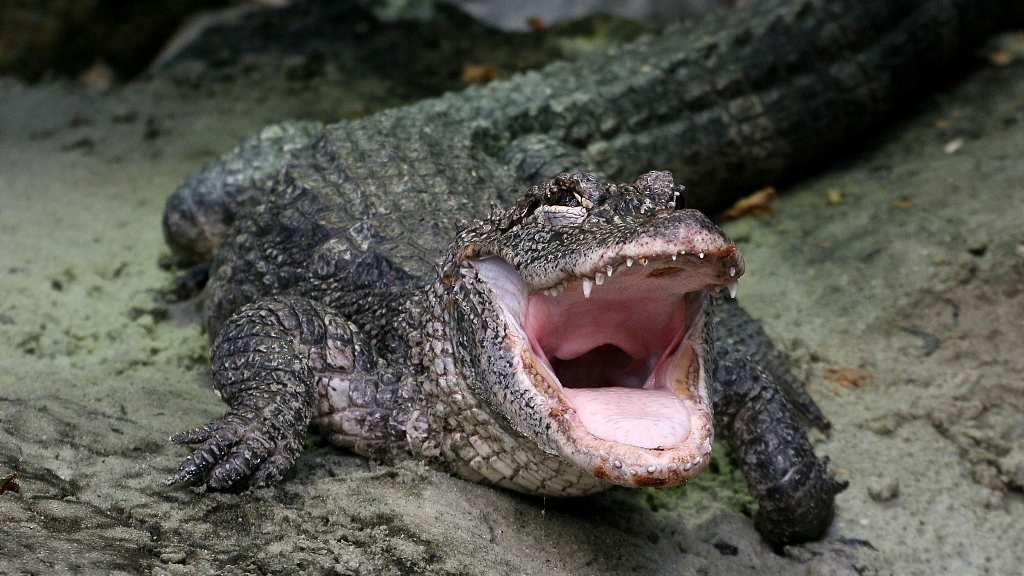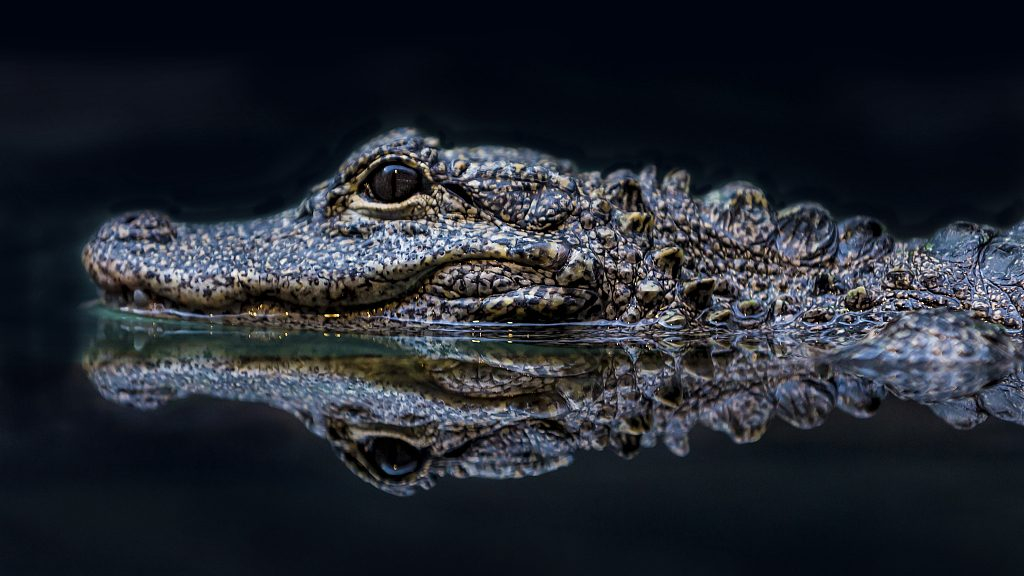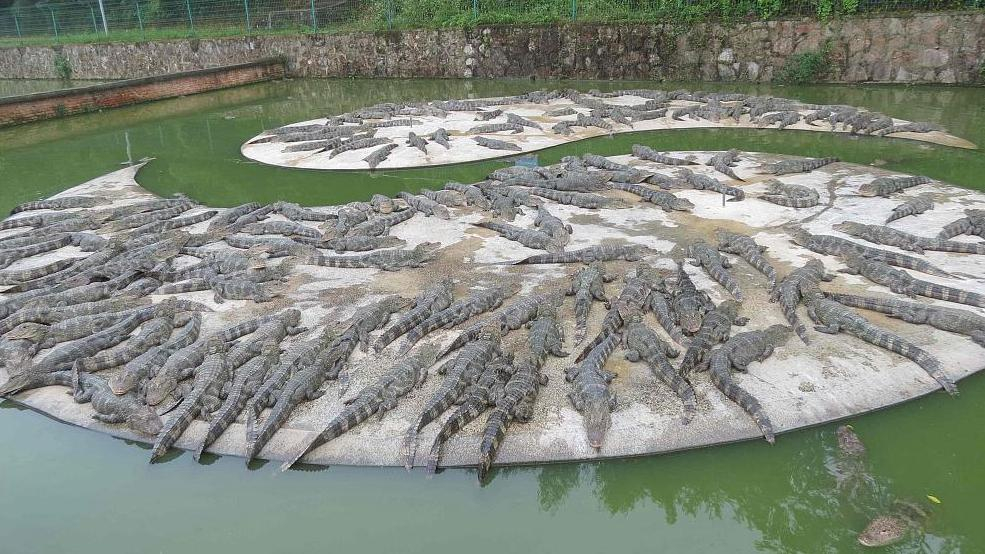
Animal
12:46, 21-Apr-2019
Chinese alligators may never get home but could thrive
CGTN

One hundred and twenty artificially bred Chinese alligators will be released into the wild this coming June, raising the total number of released alligators to 228 since 2002. Despite the great leap in numbers, a long way lies ahead before these animals get back to the wetlands along the Yangtze River where their ancestors inhabited.
The Chinese alligator is the only crocodilian unique to China. Rapid loss of habitat and human activities since the 1980s caused the sharp decline of the alligators. Back in 1999, fewer than 150 alligators were found in China, placing the species on verge of extinction.

The Chinese alligator. /VCG Photo
The Chinese alligator. /VCG Photo
Two decades after people have realized the pressing situation, the population of alligators bounded back to around 20,000 with the help of artificial breeding. However, the most challenging problem standing in the way of the ultimate return to their original habitat is the conflict between them and human activities.
The wetlands along the Yangtze River have long been fragmented and divided by different organizations or individuals for various purposes. Releasing them to these areas will result in a backlash that will put these animals back in danger. For instance, people may have the urge to kill the alligators when finding their paddy field destroyed given alligators' extension of habitat and habit to dig complex underground tunnels.
On top of that, factors include water pollution as well as the ecological conditions should all be taken into account before putting them back to the Yangtze River wetlands.

Chinese alligators sunbathing at Anhui Yangtze Alligator Reserve, Anhui Province, China. /VCG Photo
Chinese alligators sunbathing at Anhui Yangtze Alligator Reserve, Anhui Province, China. /VCG Photo
Now, the wild population is growing, but at a slow rate. Disturbance of human activity, lack of food, pollution remain the major threats. In order to guarantee the alligator's favorable habitat, the nature reserve of Chinese alligators in Anhui Province has tried many areas until they finally almost rebuilt a wetland system in a valley and a complete food chain there for the alligators to thrive. In addition, modern technologies are used to track the released alligators and keep a timely record of their state.
Pessimistically, the chance to see Chinese alligators live freely along the Yangtze River might be gloomy. But the hope to recover the species population in a certain region remains strong.
(Top image via VCG)
(If you want to contribute and have specific expertise, please contact us at nature@cgtn.com)

SITEMAP
Copyright © 2018 CGTN. Beijing ICP prepared NO.16065310-3
Copyright © 2018 CGTN. Beijing ICP prepared NO.16065310-3